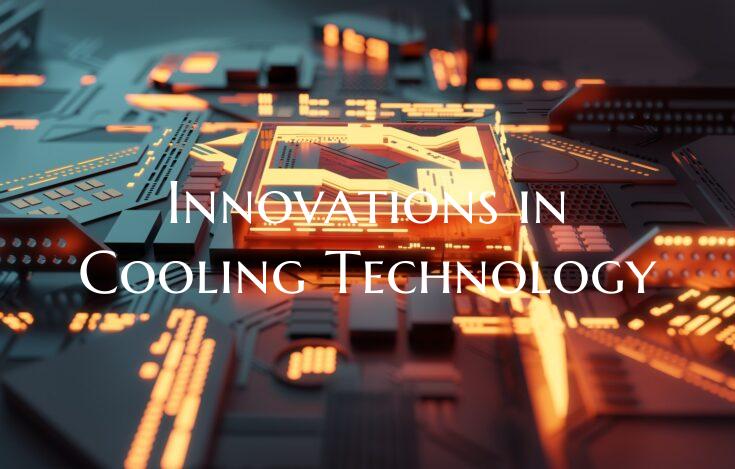Innovations in Cooling Technology
With the increasing demand for efficient cooling solutions in various industries, the realm of cooling technology has witnessed significant advancements and innovations in recent years. These innovations not only aim to enhance cooling efficiency but also prioritize energy savings and environmental sustainability.
One of the most prominent innovations in cooling technology is the development of advanced cooling systems that utilize cutting-edge materials and designs to improve heat dissipation. For instance, the integration of microchannel cooling technology in heat exchangers has led to more compact and efficient cooling systems, making them ideal for applications where space is limited.
Furthermore, the use of phase change materials (PCMs) in cooling technology has revolutionized energy storage and thermal management. PCMs are capable of absorbing and releasing large amounts of heat during the phase change process, providing a highly efficient means of temperature regulation and energy conservation.
Another notable advancement is the emergence of vapor compression systems with enhanced efficiency and environmental friendliness. The integration of variable speed compressors, advanced refrigerants, and smart controls has resulted in cooling systems that not only perform better but also consume less energy and have reduced environmental impact.
Moreover, the application of advanced thermal management techniques, such as liquid cooling and immersion cooling, has gained traction in high-performance computing and data center environments. These methods offer superior heat dissipation capabilities, enabling better performance and reliability in critical applications.
In the automotive industry, innovations in cooling technology have led to the development of electric vehicle (EV) thermal management systems that ensure optimal performance and longevity of battery packs and power electronics. Active cooling solutions, coupled with sophisticated thermal management algorithms, play a crucial role in maintaining the efficiency and safety of EVs.
Overall, the continual evolution of cooling technology is driving progress across various sectors by enabling more efficient, sustainable, and reliable cooling solutions. As researchers and engineers continue to push the boundaries of innovation, we can expect further advancements that will redefine the way we cool and regulate temperatures in the future.

